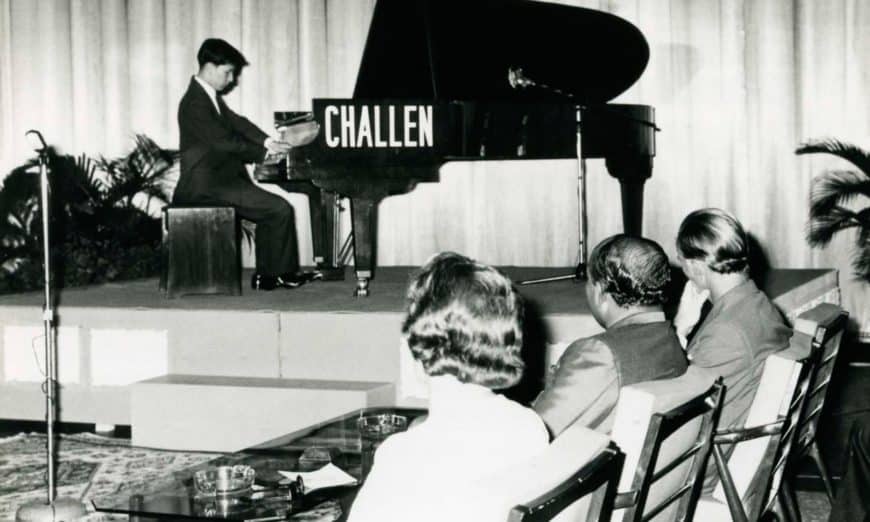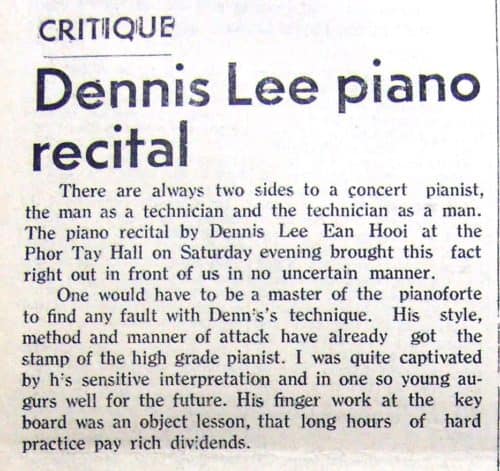THE initial journey to musical eminence for Penang-born Dennis Lee Ean Hooi, an internationally renowned classical pianist who died at the age of 76 in London on Saturday, is not much known even to many music lovers.
What was reported in the press in the 1960s, especially by the long-defunct Straits Echo, was that the young Dennis was offered an Associated Board scholarship at the age of 15 to study violin and piano at the prestigious Royal College of Music in London in 1962.
The scholarship provided him with free tuition and £275 a year for subsistence.
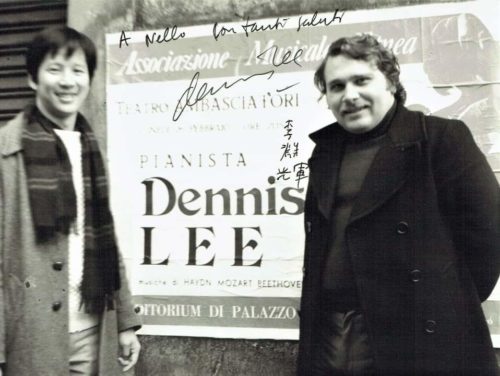
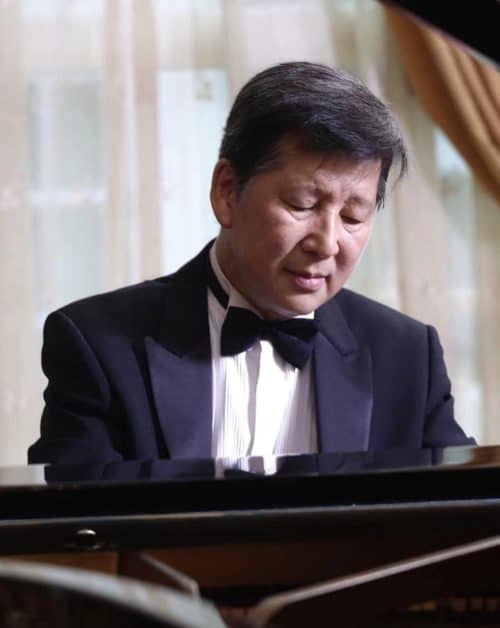
He had his formal education at the Penang Free School, together with his elder brother Eric, both of whom were brought up by their single-parent mother, Madam Betty Lee.
At six years old, Dennis started piano lessons under Ruth Ramanathan, the wife of the first mayor of Penang, and violin two years later under Louis Lim.
Paul Augustin, the founder and director of Penang House of Music, had the privilege of interviewing Dennis twice – once at a café at The Curve in Kuala Lumpur and another time in Petaling Jaya.
“We had interesting conversations both times. We kept in touch through email and the last time he wrote to me was during the pandemic in which he informed me that he had Covid,” Augustin said.
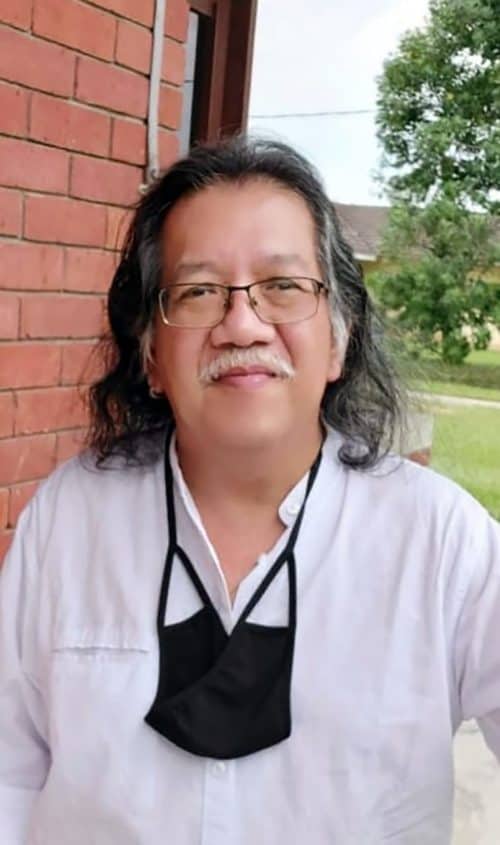
According to Augustin, Dennis left Penang at the age of 16 to continue A levels at Lancing College (Sussex) in Music, English and Mathematics.
Three people, he said, were instrumental in helping to raise money for Dennis’ studies in the UK: Michael Hughes (then headmaster of Penang Free School), Harold Ashcroft (music lecturer at Malayan Teachers’ College) and Judith O’Flynn (wife of Patrick O’Flynn, the then Chief Police Officer).
The start of Dennis’ journey was not plain sailing, so to speak, even though Hughes tried to help him.
“The Free School HM wrote to a friend who owned a shipping company in London for free passage on one of the ships. But this request was rejected one month prior to the date of leaving due to company policy of not giving any free trips to anyone.
“But two weeks later, Hughes received a letter from the same shipping company (Blue Funnel Line) that there was a cargo ship that plied the route from Penang to Liverpool.
“The company, however, was not allowed to give out free passages. So, for that particular voyage on the ship (The Lycaon), an extra position was created so as not to break any rules and Dennis was offered a position as a 5th Officer for the trip.
“As the 5th Officer, Dennis earned his keep by keeping accounts for passengers’ alcohol and tobacco bills, polishing silver and (in the absence of a piano on board), playing the violin for Christmas service on board.
“Dennis made friends with passengers, which proved to be a blessing. During school holidays in the UK, they sometimes invited him to stay, as he had no home in England.
“The trip was to be 21 days but was stretched from 21 to 25 days because of a storm in the Bay of Biscay (after Gibraltar) and engine trouble,” Augustin said.
During the trip, Dennis befriended the captain of the ship and that special friendship lasted till the captain’s passing away.
“Being a young lad, Dennis was homesick. The captain could see it and took him under his wing – giving him permission to visit his quarters where the captain had a number of records that Dennis could play and listen to.
“When the ship docked in Liverpool very late at night (in January 1963, the coldest winter for over 100 years), Ronald Swayne, one of the directors of the shipping company, came to help Dennis through Immigration and Customs, then drove him home to stay at a very comfortable house while waiting for term to start.
“After passing his A levels, Dennis entered Royal College in London and won many prizes, including the Tagore Gold Medal for being the most outstanding student in 1967.”
Though it was a tad too late for Augustin to include Dennis’ story in his book, “Just for the Love of It,” which he co-authored with James Lochhead, the notes and an audio recording of Dennis’ interview reading are documented in PHoM’s archives.
The book celebrates the musicians and bands who are such a part of Penang’s rich musical heritage and highlights how this music has been so integrally woven into the wider tapestry of Penang’s growth. It details the popular music in Penang from the 1930s to the 1960s.
Under Augustin, PHoM strives to document, digitise and preserve Penang’s and Malaysia’s intangible heritage for future generations.
At the Royal College of Music in London, Dennis’ musical talent flourished under the baton of Angus Morrison as well as inspired by the works of Bach and Mozart.
There he was awarded the ARCM (Hons) in both instruments. Besides the Tagore Gold Medal, he won many prizes, including the John Hopkinson Gold Medal, Peter Norris Prize and Joy Scott Prize.
He also won an Austrian government scholarship which took him to the Akademie in Vienna where, under Josef Dichler, he won the Stepanow Prize.
Because of his musical prowess, he performed with most of the BBC orchestras, Halle, Royal Liverpool Philharmonic, London Mozart Players, Northern Sinfonia, Slovak Chamber, Varna Philharmonic, Vienna Symphony, Adelaide Symphony, Tasmanian Symphony, New Zealand Symphony, Warsaw Philharmonic, Shanghai Symphony, Malaysian Philharmonic and Singapore Symphony.
He also collaborated with many well-known conductors, including Sir Adrian Boult, Sir Colin Davis, Sir Andrew Davis, Libor Pesek and Okko Kamu.
Whenever he came back to Penang during the summer holidays, he gave recitals and when time permitted, he would give masterclasses in Penang or other states. He appeared on TV Malaysia and gave recitals on Radio Malaysia and Radio Singapore.
Dennis was a widely travelled man, was an ABRSM examiner for over 30 years and was in demand as a lecturer and festival adjudicator.
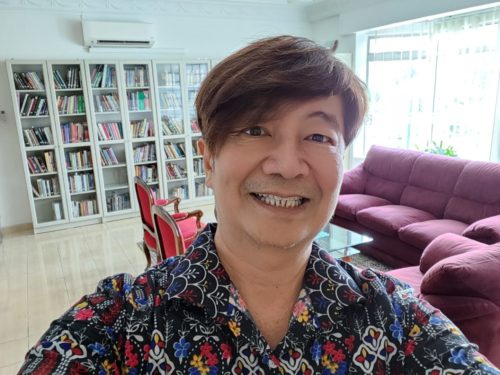
His Singaporean wife, Toh Chee Hung, also studied at the Royal Academy of Music in London and is herself a top-notch pianist.
Renowned classical pianist Kok Kee Boon said it was another big loss for Penang after the recent demise of acclaimed pianist Richard Hoon.
He said Dennis, who was his mentor, suffered a severe Covid last year, landed in ICU, and then recovered.
“We were communicating before and after his Covid illness. He even told me that he would give me all his books to add to the big collection that I already have. I felt so privileged as that would be good for a music research centre that I intend to set up for the benefit of students.
“I was wondering then how to go to London and get the books.
“It’s akin to what Richard Hoon said to me when he offered to play for me free in Melaka for the first time in 20 years, asking only to be provided with a room.
“Both Dennis and Richard Hoon were from PFS (Penang Free School).
“Dennis had previously performed, and conducted master classes and a music camp in Perak.
“He was a well-read and knowledgeable person with a wide musical repertoire. He also had a very good sense of humour. He would like to tell jokes which you would remember forever,” Kok, who is also a promoter of performing arts and artistes, said in a telephone interview from Melaka.
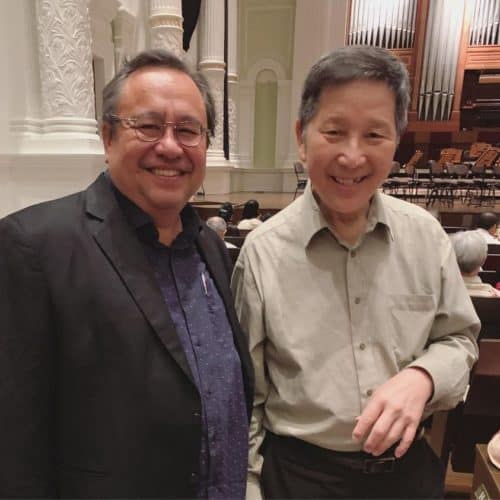
Jeremy Monteiro, a Singapore jazz pianist, said he was sad to hear about the passing on of one of the greatest pianists to come from the Southeast Asian region.
In fact, he said he wrote to Dennis three weeks ago to invite him to his concert in London but Dennis’s wife wrote back to say Dennis could not make it.
Writing on his FB page, Monteiro said: “Maestro Dennis Lee was one of the musicians who created a major shift in my life when I heard him perform in Kota Kinabalu, Sabah, circa 1970, as a boy of 10 living there with my parents.
“After being a huge fan of Daniel Barenboim and often watching his shows and lessons on TV which also featured Dennis Lee on occasions, I was astonished that a pianist from my part of the world could also play at this world-class level. It made me believe that I could maybe also try to attain this type of mastery.
“I ended up becoming a jazz pianist, but I never stopped remembering the profound effect Dennis Lee had on my sensibilities as a musician.
“A few years ago, I managed to meet him for the first time as an adult and he shocked me by saying, “You are Jeremy Monteiro the jazz pianist” when we met.
“I had a chance to tell him what a great effect he had on my life.
“Thank you Maestro Dennis Lee for your music and kindness. Rest in peace, master.”
Story by K.H. Ong
Pix courtesy of Penang House of Music and Jeremy Monteiro FB

